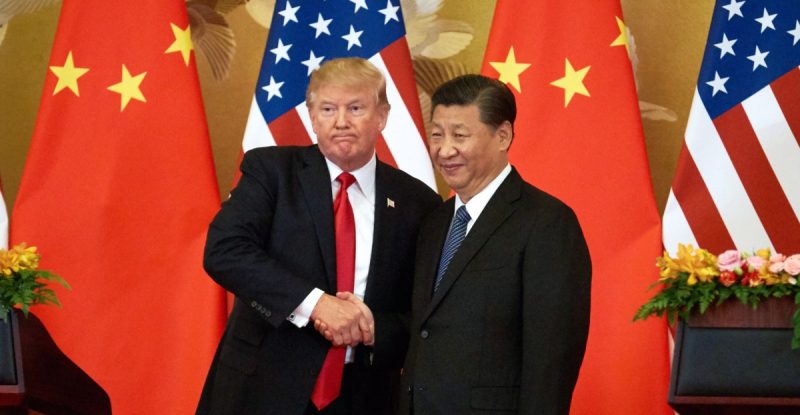
Recent reports suggest President Trump is eager for a trade deal with China, hinting at significant tariff reductions. However, China’s response has been a resounding silence, denying any ongoing negotiations. This apparent lack of urgency from Beijing raises the question: why is China seemingly unfazed by Trump’s trade war tactics?
The answer lies in a fundamental misunderstanding of economics at the heart of Trump’s strategy. His belief that trade deficits equate to subsidizing other nations is fundamentally flawed. Trade isn’t a zero-sum game; it’s about exchanging goods and services. While tariffs might initially hurt China’s economy, their dependence on US markets is far less than America’s dependence on Chinese goods. China has the capacity to stimulate domestic spending and diversify its exports, mitigating the impact of lost US sales. The US, on the other hand, lacks the same flexibility to swiftly replace vital imports from China, particularly rare earth minerals essential for numerous industries. The prospect of a 10-15 year wait to rebuild a domestic supply chain highlights this critical vulnerability.
Further compounding Trump’s difficulties is the lack of international support for his trade war. Allies like Japan and the EU, facing similar dependencies on Chinese exports, show little enthusiasm for joining a US-led economic bloc against China. Their reluctance stems from a pragmatic assessment: they see the US, with its unilateral tariff actions, as a less reliable trading partner than China. The lack of clearly defined objectives in Trump’s strategy further weakens his position, making it difficult to garner international support.
Finally, the political landscape presents a significant disadvantage for Trump. While China’s authoritarian government can easily deflect blame for economic downturns onto the US, Trump faces a much more challenging domestic political environment. His economic approval ratings are plummeting, and the negative consequences of the trade war are yet to fully manifest. As the effects of shortages and price hikes begin to hit American consumers, Trump’s already fragile political standing is likely to deteriorate further.
In conclusion, China appears to be in a strong position in this trade war. Their economic resilience, lack of international pressure, and the self-inflicted political wounds of Trump’s actions suggest that time, rather than pressure, is on Beijing’s side. The increasingly conciliatory tone from the White House seems to confirm this assessment.










